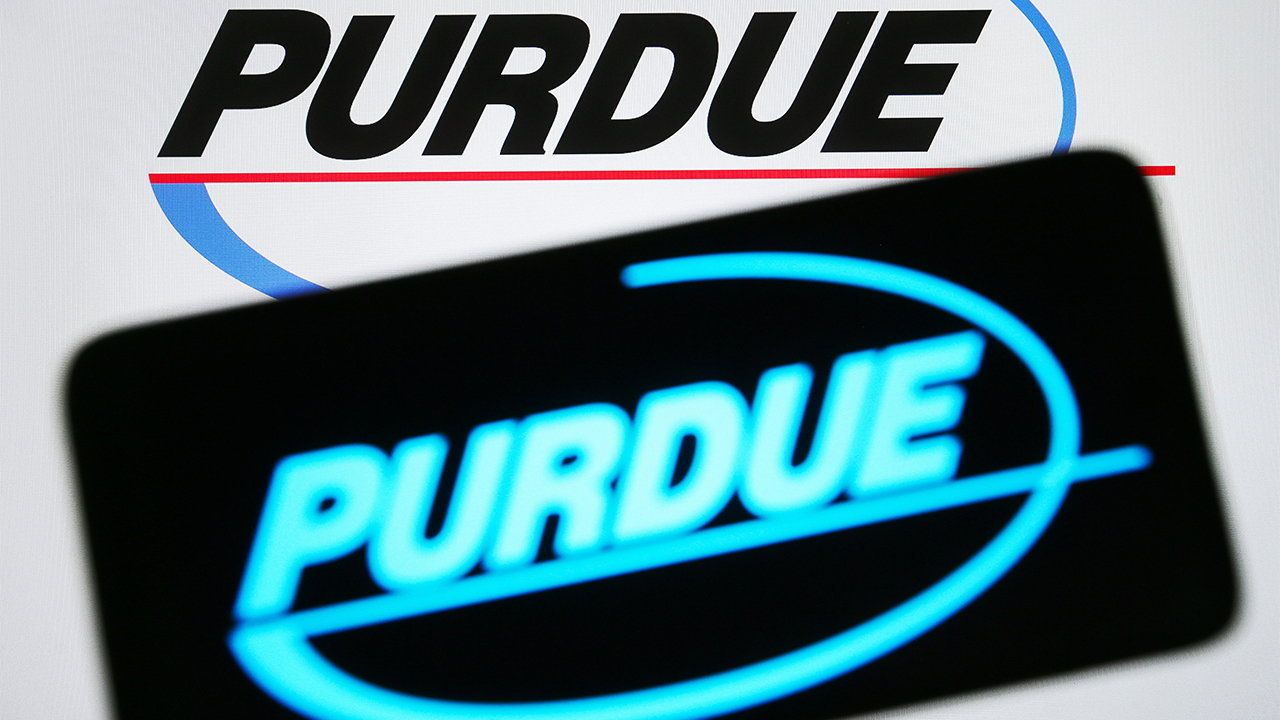- by Amy Yee
- 01 15, 2026
-

-
-
Loading

Loading

The long-running legal battle over America’s opioid epidemic was reignited when, on August 10th, the country’s Supreme Court said it would review an earlier settlement secured by Purdue Pharma, a main character in the saga. Back in 2021 a federal judge had approved a bankruptcy plan for Purdue—the maker of OxyContin, a highly addictive painkiller—under which the business was to be restructured as a public-benefit company with all future profits going towards settling claims from victims and funding addiction-treatment programs. Members of the Sackler family, which owns the drugmaker, were to contribute $4.5bn (later increased to $6bn) towards the settlement.At issue is a controversial legal arrangement called a “third-party release”, which shields entities associated with bankrupt companies from liability even if they have not filed for bankruptcy themselves. In Purdue’s case, the Sacklers were granted immunity from any future opioid-related claims, an unsatisfying outcome for those who blame the family for their role in fuelling the opioid crisis.